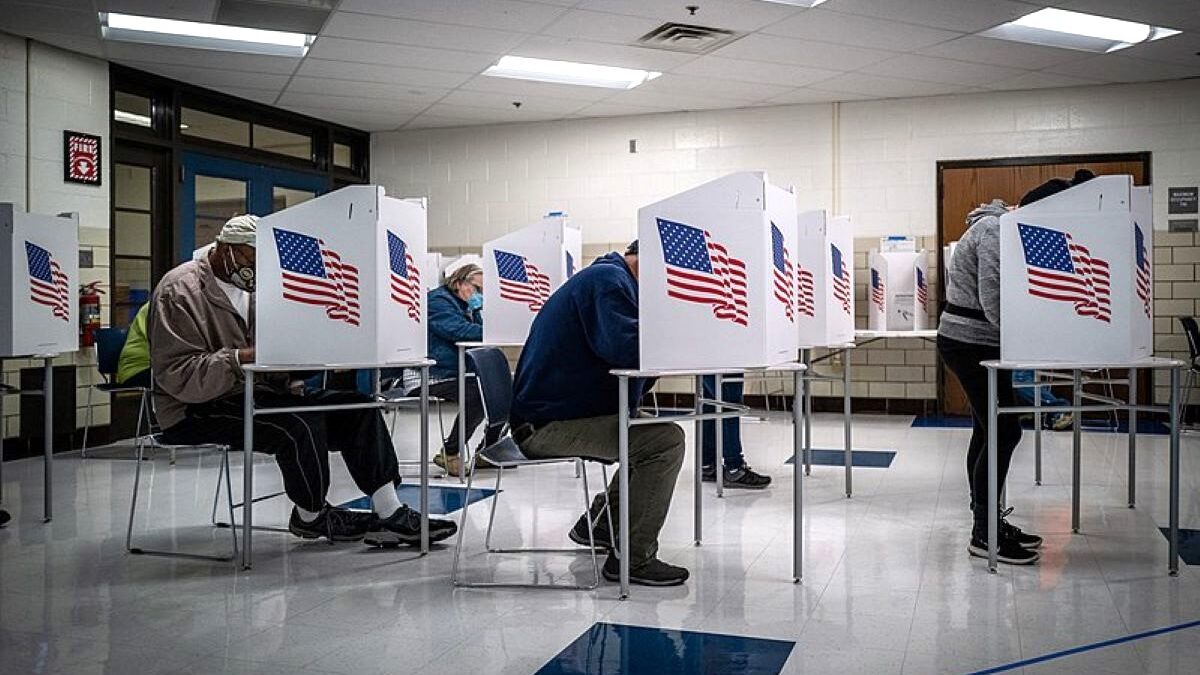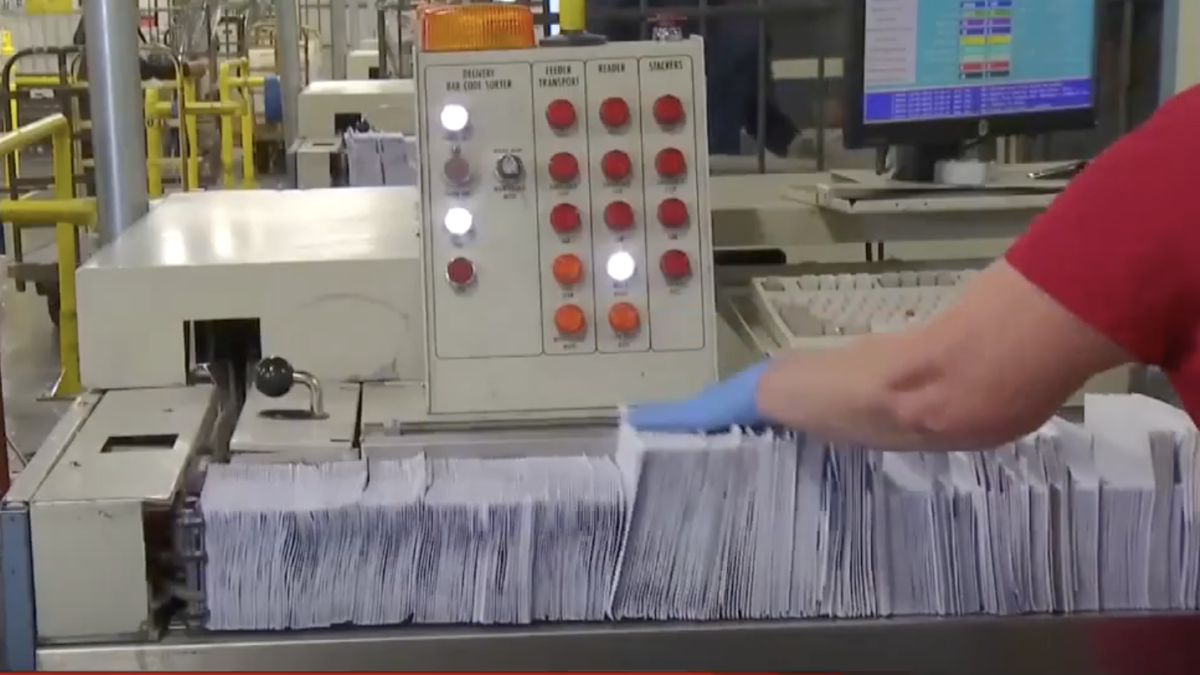
Arizona’s Democrat secretary of state unlawfully bypassed the rulemaking process when developing the state’s election procedures, several of which are illegal, a lawsuit filed on Friday claims.
Brought by the Republican National Committee (RNC), Republican Party of Arizona, and Yavapai County GOP, the suit alleges that Democrat Secretary of State Adrian Fontes violated the Administrative Procedure Act (APA) by circumventing the proper rulemaking process for Arizona’s Election Procedures Manual (EPM), which provides procedural guidance for election officials relating to things like mail ballots and voter registration. State law requires the manual to be issued by the secretary of state on Dec. 31 of every odd-numbered year and reviewed by Arizona’s governor and attorney general before finalization.
“Considering the import of this fundamental document, one would expect maximum notice and public participation in its drafting and adoption, and for the Secretary to hew closely to the authority the Arizona Legislature delegated to his office,” the lawsuit reads. “He did neither in finalizing the 2023 version of the EPM.”
According to plaintiffs, Fontes skipped numerous steps mandated by the APA when finalizing the 2023 manual. While the APA requires government agencies to allow “at least 30 days for public comment on the proposed rules after their publication in draft form,” Fontes allegedly only permitted 15 days of public comment on his initial 259-page draft of the manual, which his office published at the end of July.
Nearly two months later, on Sept. 30, Fontes released a 253-page updated draft of the 2023 EPM “without allowing additional public comment,” despite plaintiffs’ objections, the suit says. The revised manual was sent to Arizona’s Democrat Gov. Katie Hobbs and Attorney General Kris Mayes that same day. On Dec. 30, Fontes issued the “final,” 268-page version of the 2023 EPM, which plaintiffs say included “multiple provisions that were not present in the July or September drafts” and were not provided to the public for feedback.
“The Secretary skipped almost every step in the notice-and-comment rulemaking process under the APA,” the lawsuit reads. “He did not provide notice of the proposed rulemaking in the statutorily prescribed format or publish it in the register … he did not provide the public 30 days comment on the proposed rulemaking after publication … he did not hold an oral proceeding on the proposed rule, nor did he give the public an opportunity to request one … and he did not maintain an official rulemaking record.”
[RELATED: Arizona Secretary Of State Shrugs Off Election Problems As Lawsuit Highlights 2022 Failures]
Plaintiffs also contend that, in addition to flaunting the APA’s rulemaking guidance, several of the rules Fontes included in the finalized 2023 EPM violate Arizona law. One such rule prohibits county recorders from canceling the voter registration of individuals who “answered a juror questionnaire saying he or she is a non-citizen where that voter has provided [documentary proof of citizenship] in the past (or been registered to vote since 2004).” Under state law, however, county recorders are required to “send such a voter notice that their registration will be cancelled if they do not submit evidence of citizenship in response to that notice.”
The suit also alleges the 2023 EPM’s guidance allowing federal-only voters without documentary proof of citizenship to vote in presidential elections and vote by mail violates Arizona law, as does the provision excusing county recorders from checking government databases to identify registered noncitizens.
“We will not tolerate Arizona Democrats’ and Adrian Fontes’ continued assault on Arizona’s election law and procedures,” Arizona GOP chair Gina Swoboda said in a statement. “Fontes and his allies are not legislators – they have no right to insert their preferred far-left policies into the guidance for Arizona elections. This is a blatant attempt to rewrite election law and hollow out basic safeguards that are designed to preserve election integrity in our state’s elections.”
Plaintiffs are requesting the court either declare the entire EPM invalid due to Fontes’ rulemaking errors, or alternatively declare the specific aforementioned rules illegal. If the court declares the former, plaintiffs seek a preliminary and permanent injunction prohibiting Fontes from “implementing or enforcing” the 2023 EPM “until and unless he complies with the rulemaking process outlined in” state law. If the latter, plaintiffs request an injunction barring Fontes from “enforcing or implementing” the problematic rules in question.








